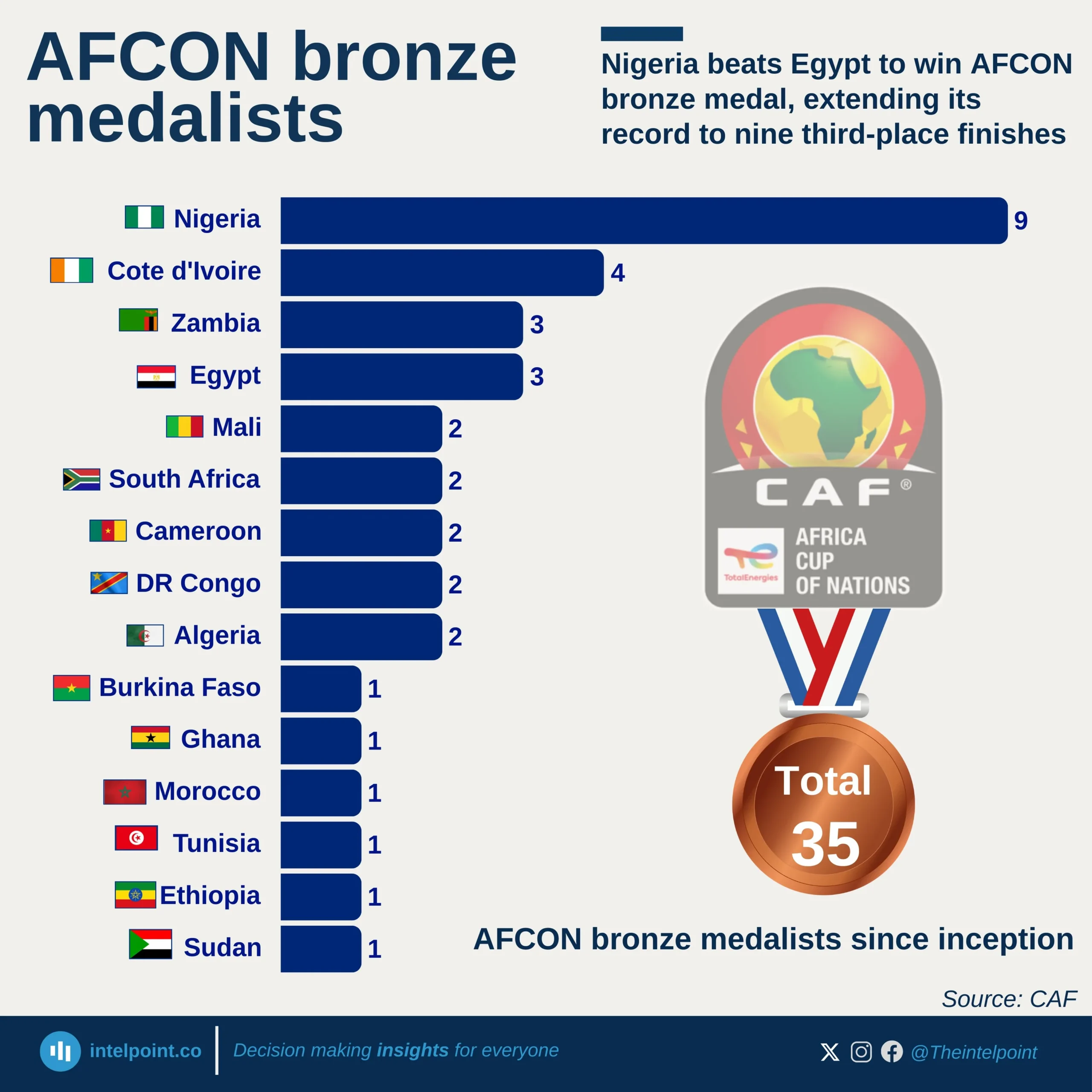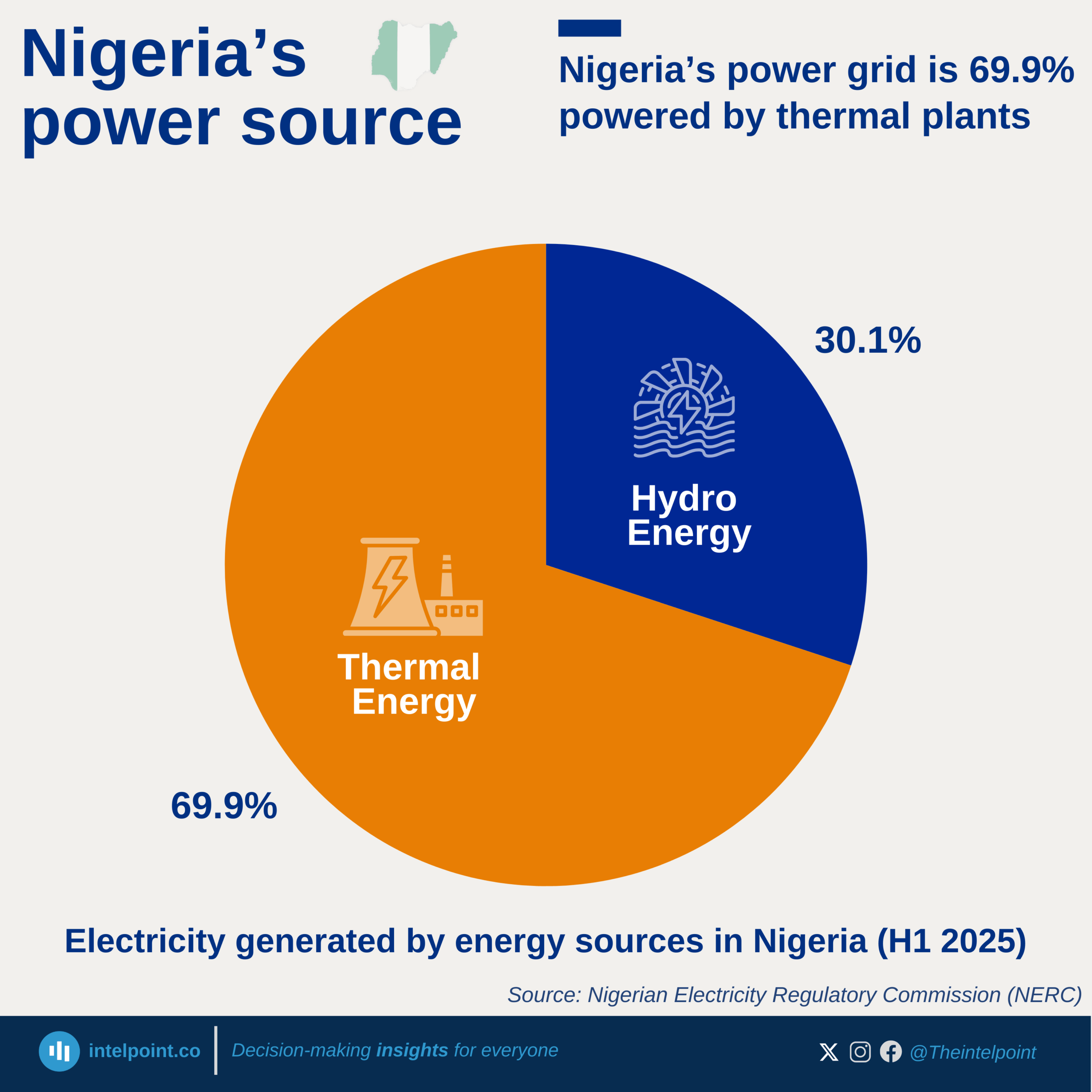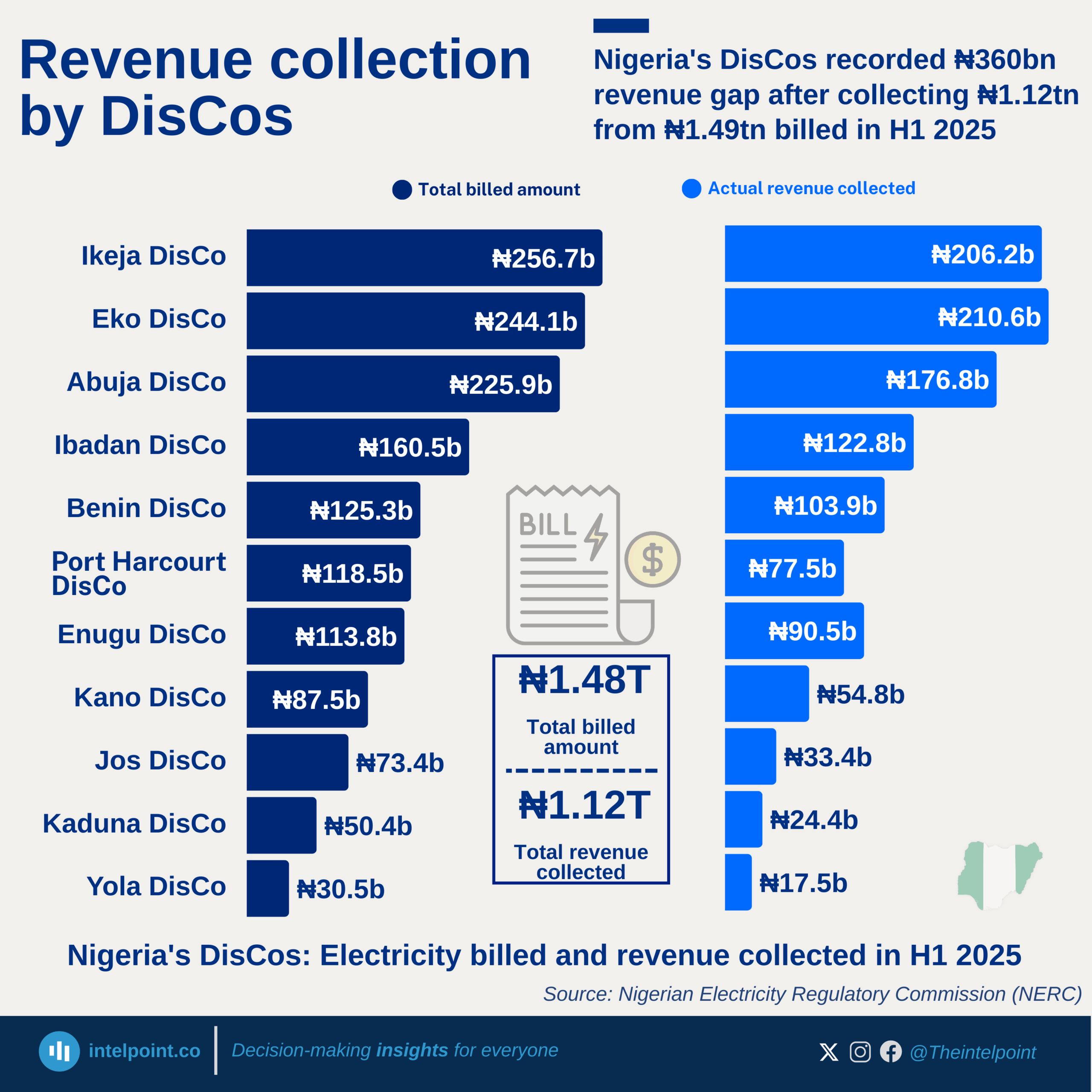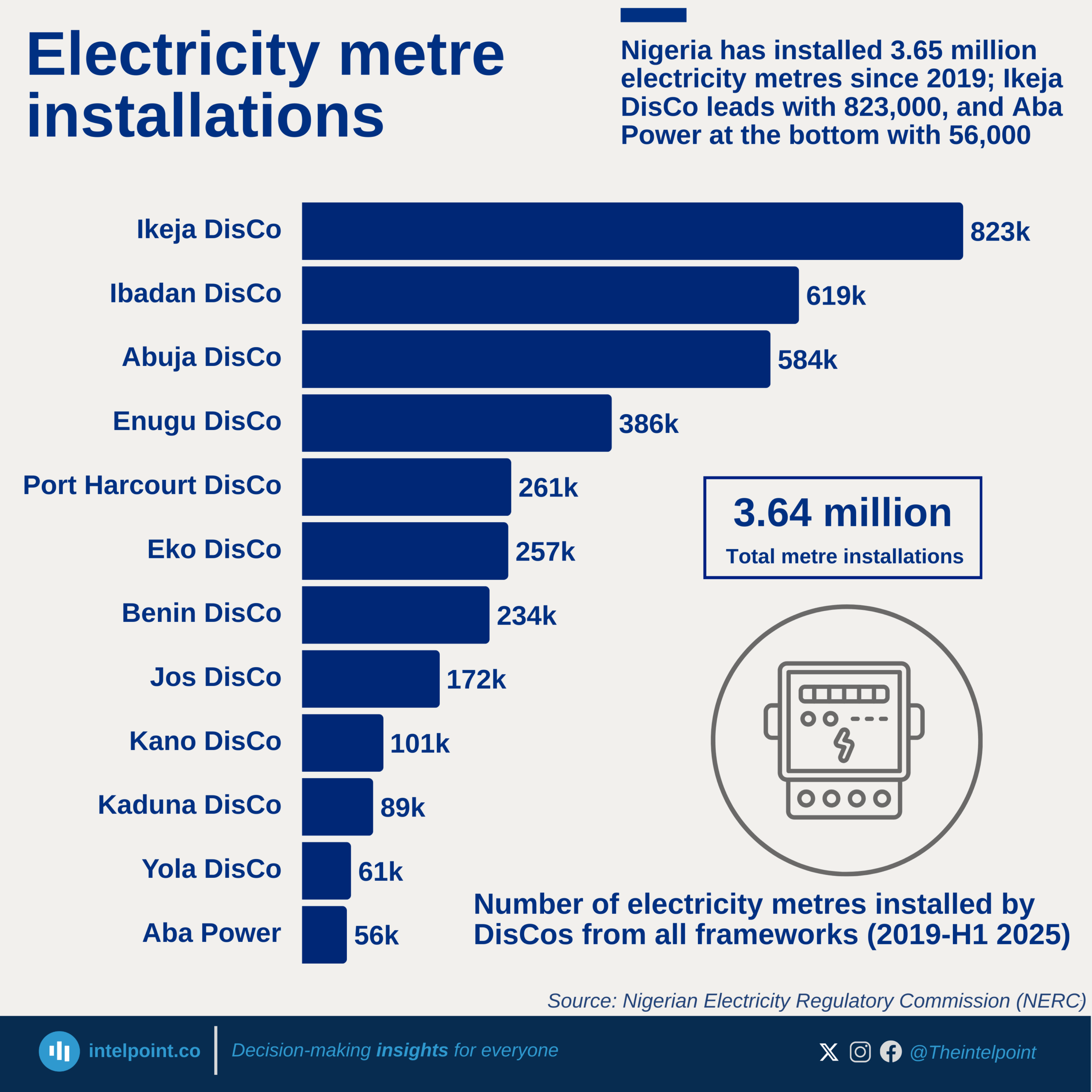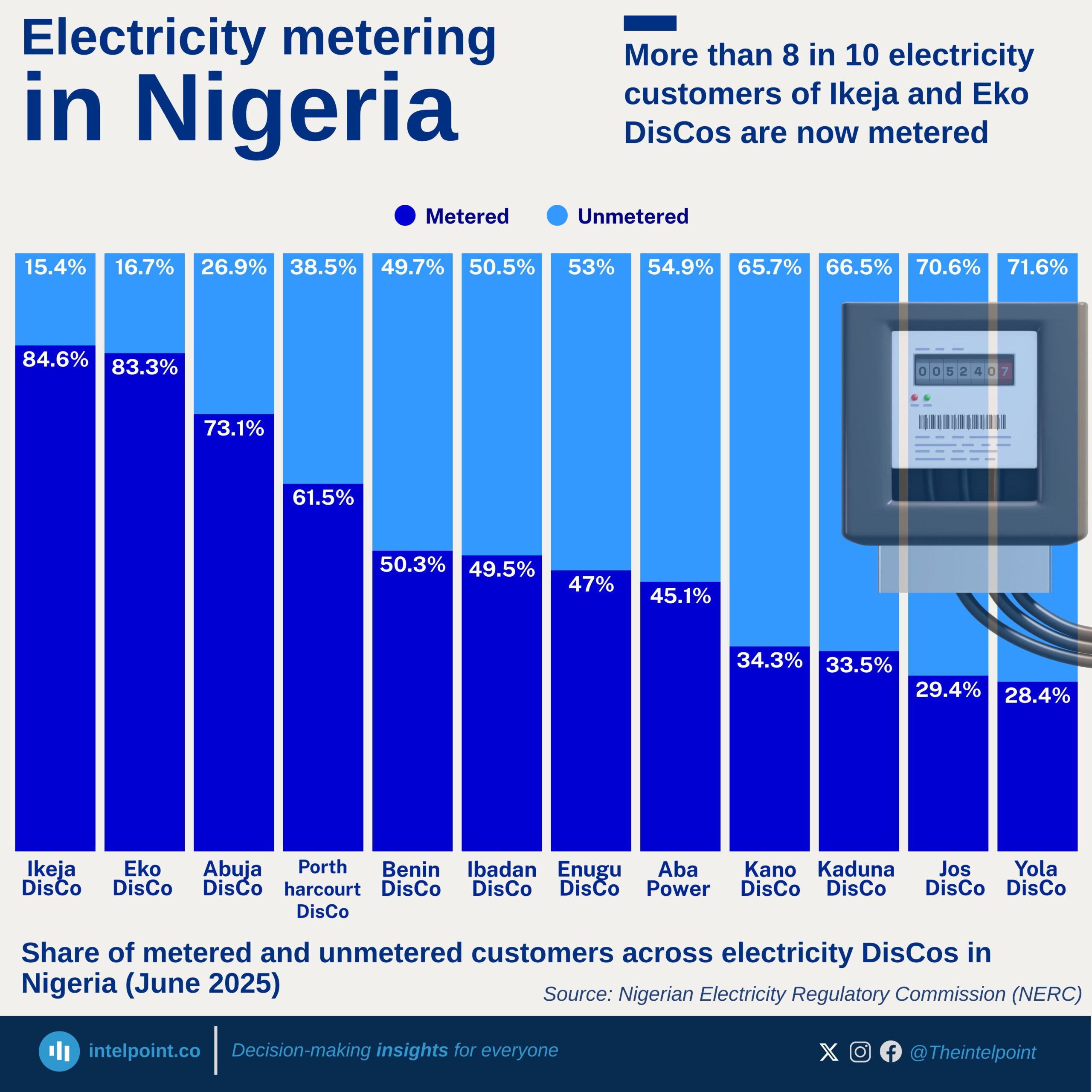Between 2008 and 2023, Nigeria’s trade structure leaned in favour of exports, which contributed 57.7% of total trade, compared to 42.3% from imports. This trend underscores the nation’s dependence on crude oil exports as a driver of foreign exchange, while also highlighting the persistent gap in domestic production that fuels high imports of manufactured goods and refined petroleum. Although the positive export balance reflects Nigeria’s advantage in resource endowment, it also exposes vulnerabilities tied to global oil price fluctuations and a narrow export base.

